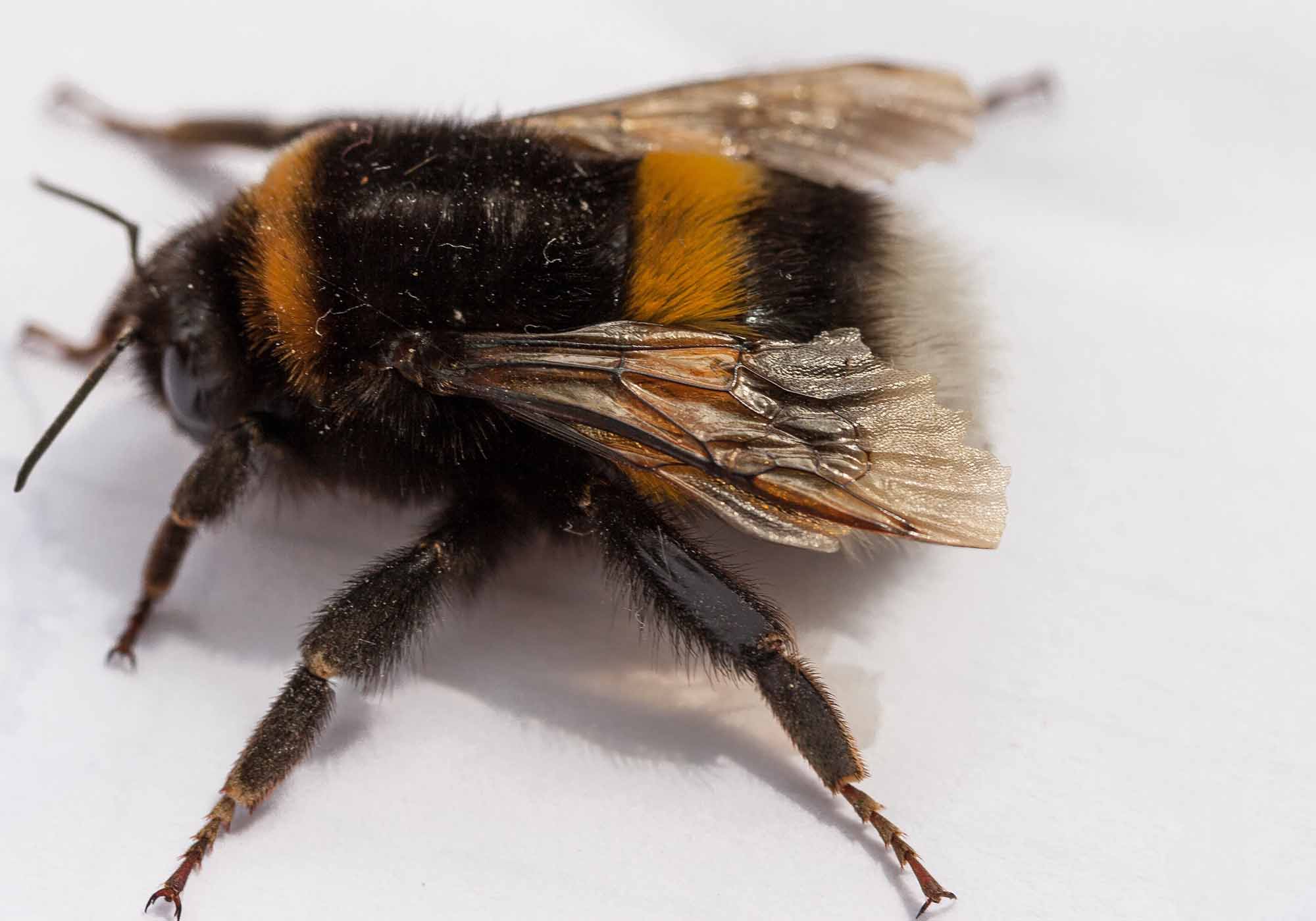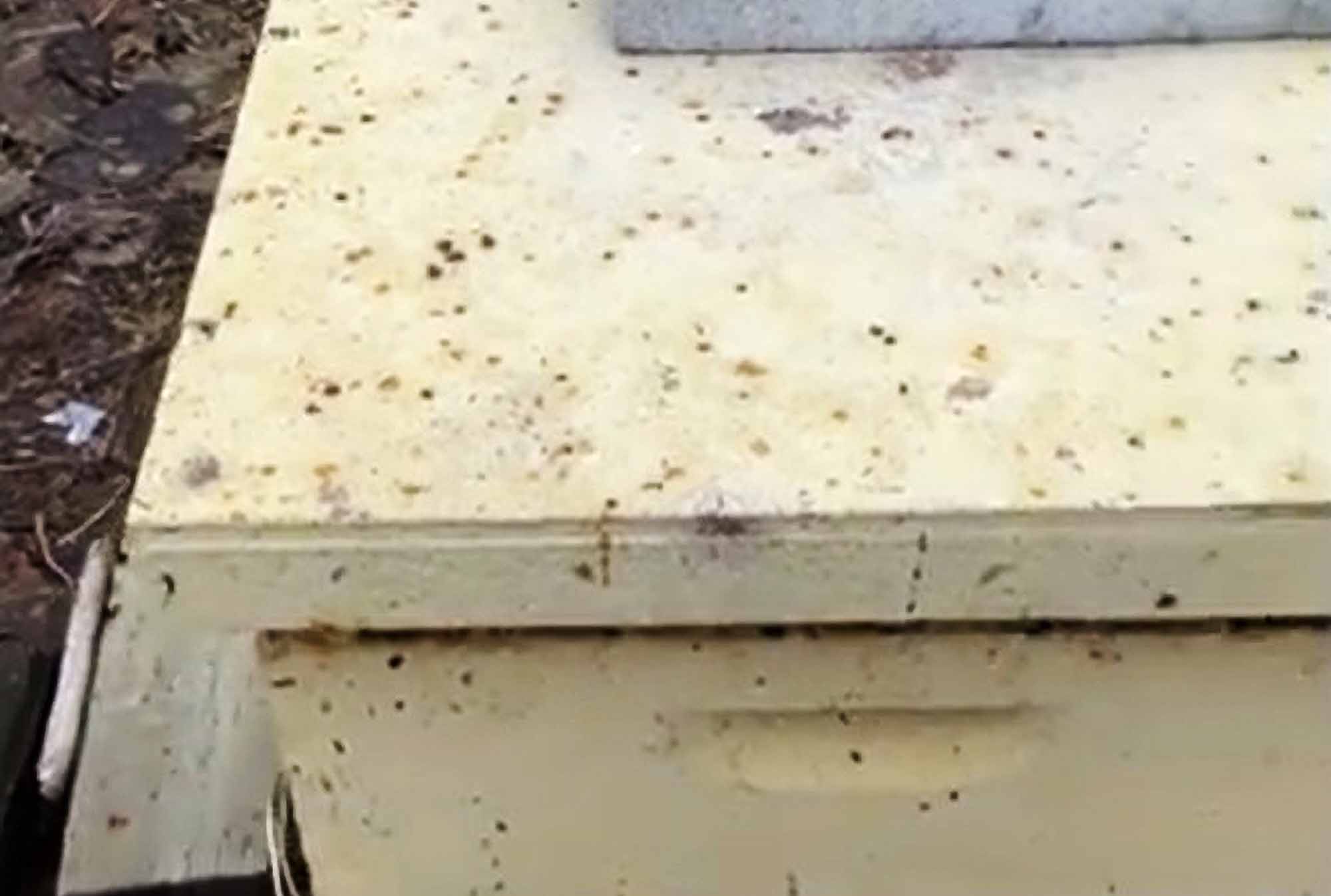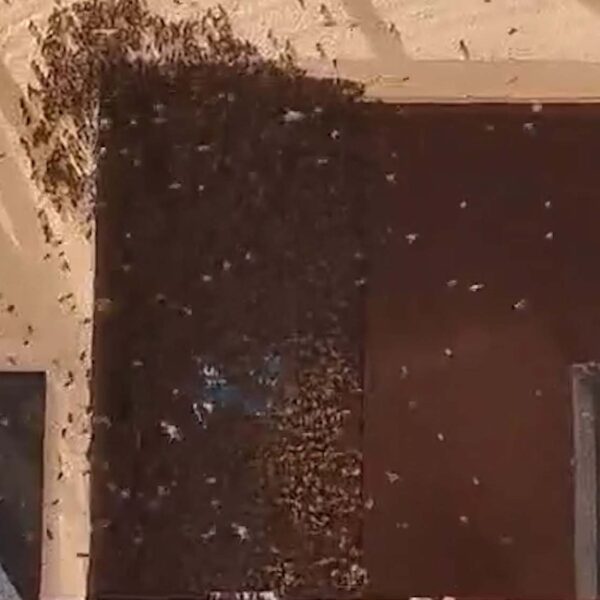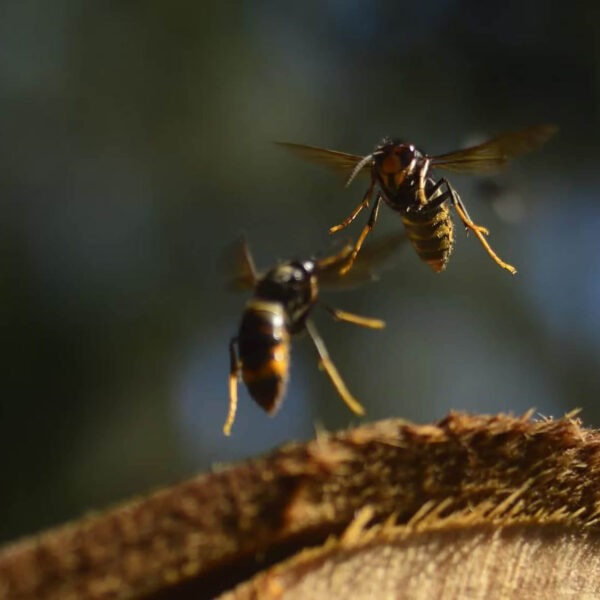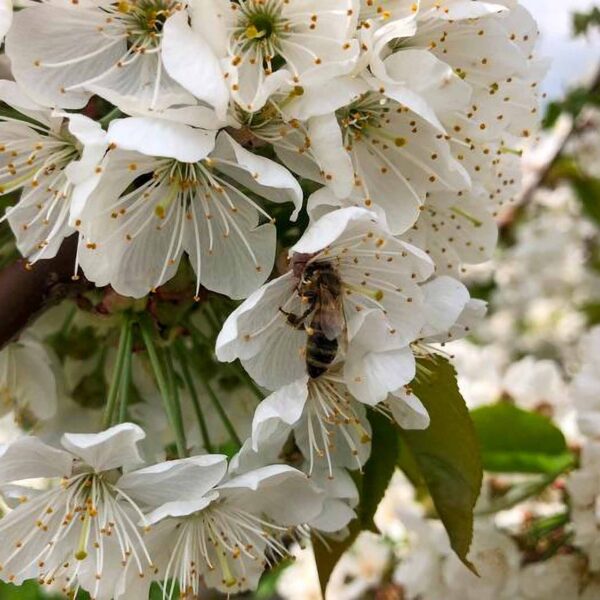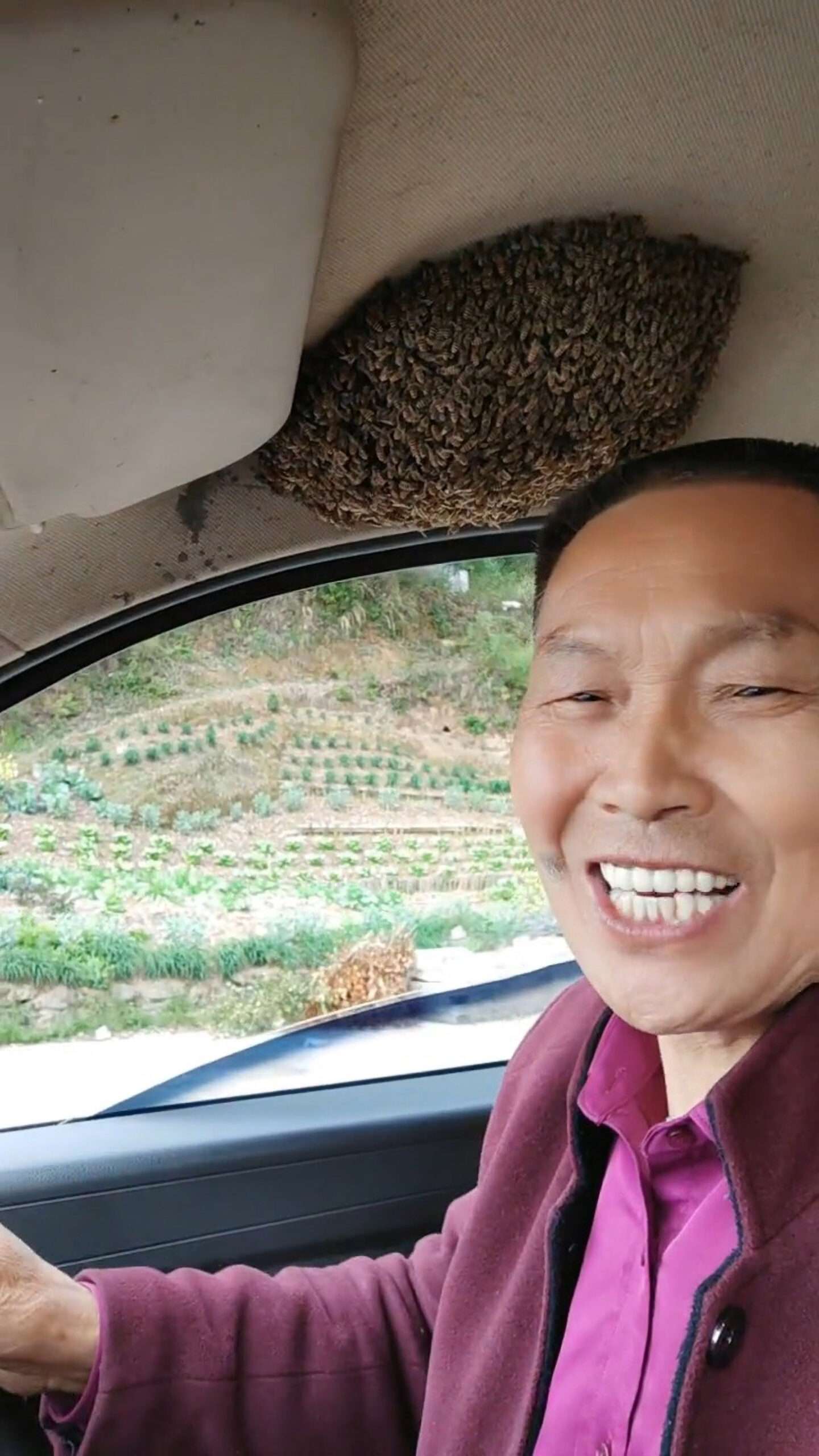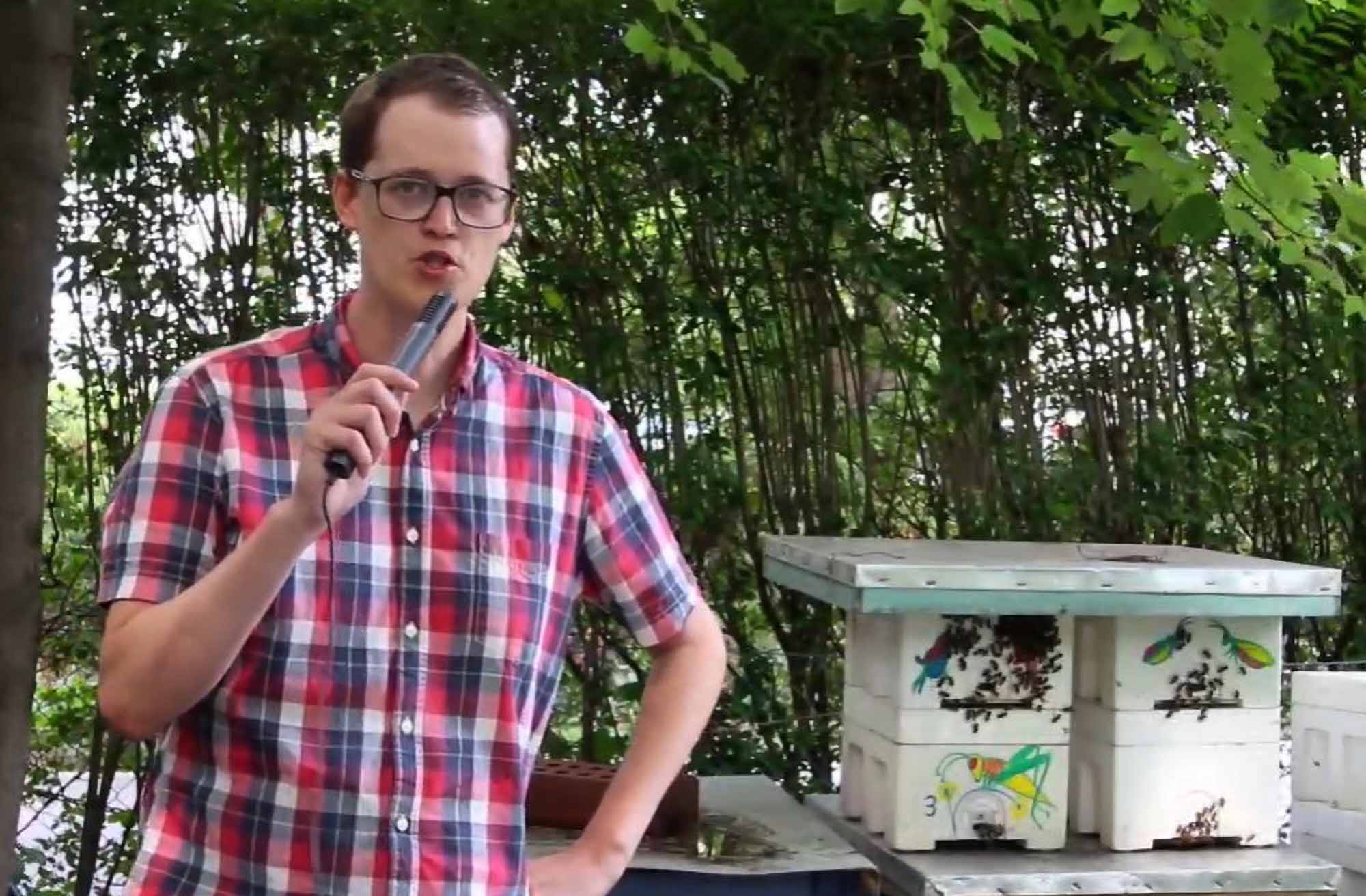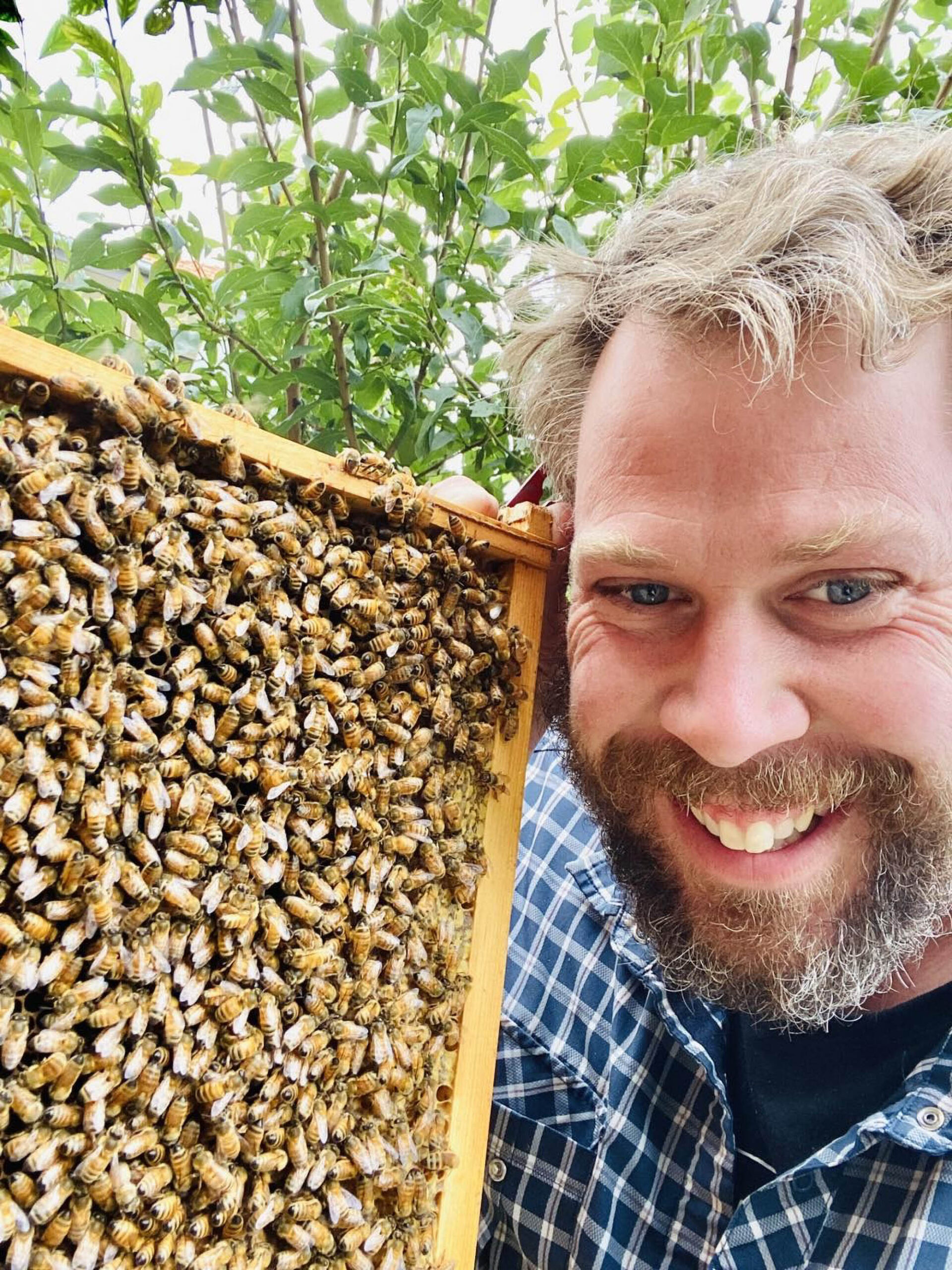Scientists in Great Britain have said the results of their recent study could be the inspiration for the development of non-toxic substances keeping pollinators away from crops where insecticides are applied.
Researchers at the University of Oxford chose electrophysiologic methods but also monitored feeding behaviour to determine whether the buff-tailed bumblebee (Bombus terrestris) notices pesticides.
The Oxford Bee Lab experts found that the pollinators were incapable of tasting dangerous chemical agents like clothianidin and sulfoxaflor even when applied in high doses.
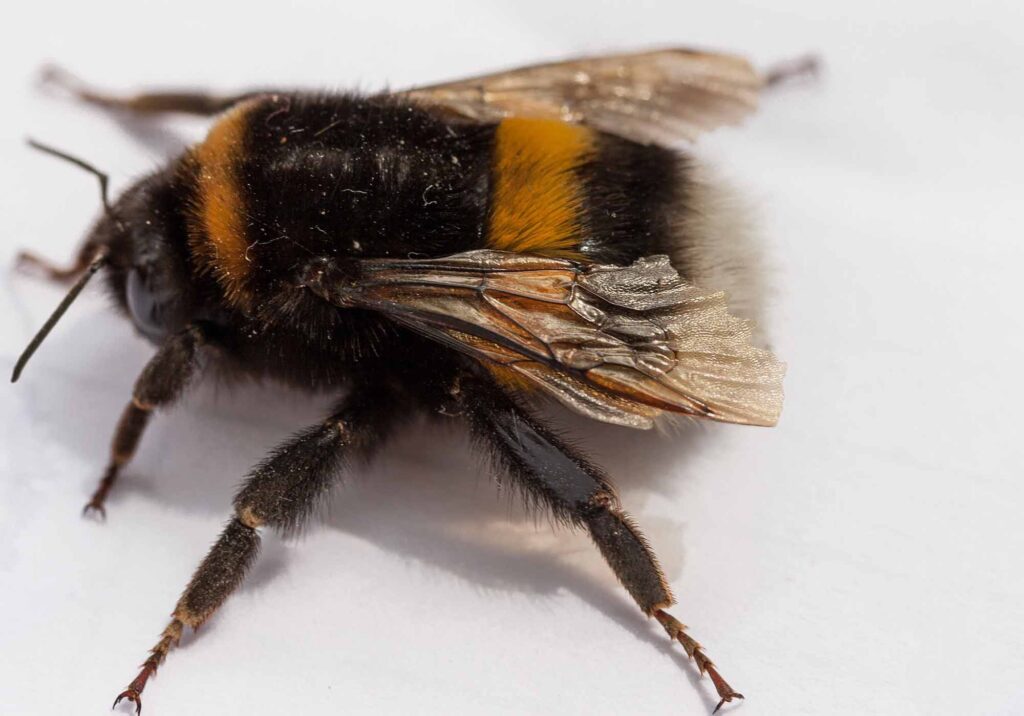
Dr Rachel Parkinson is the lead author of the study. She argued that the findings might be useful when it comes to creating a non-toxic compound that tastes bad to bees.
The neuroethologist explained such a substance could then be used as a deterrent on pesticide-treated cultivations that do not require being pollinated by insects.
Her colleague Dr Caroline Wood added: “The results demonstrated that the responses of the neurons were the same whether the bees drank sugar solution or sugar-containing pesticides.
“This indicates that the bumblebees’ mouthparts do not have mechanisms to detect and avoid common pesticides in nectar.”
The buff-tailed bumblebee exists all across Europe but also in Northern Africa and the Middle East. Colonies consisting of this bee species have been used to pollinate tomatoes, strawberries and other vegetables and fruits at greenhouses.
Experts from the Wildlife Trusts, a network of British NGOs, said: “Buff-tailed bumblebees are known as ‘nectar robbers.’ If they come across a flower that is too deep for their tongue, they bite a hole at its base and suck out the nectar.
“Afterwards, other insects looking for nectar will also use this handy hole.”

